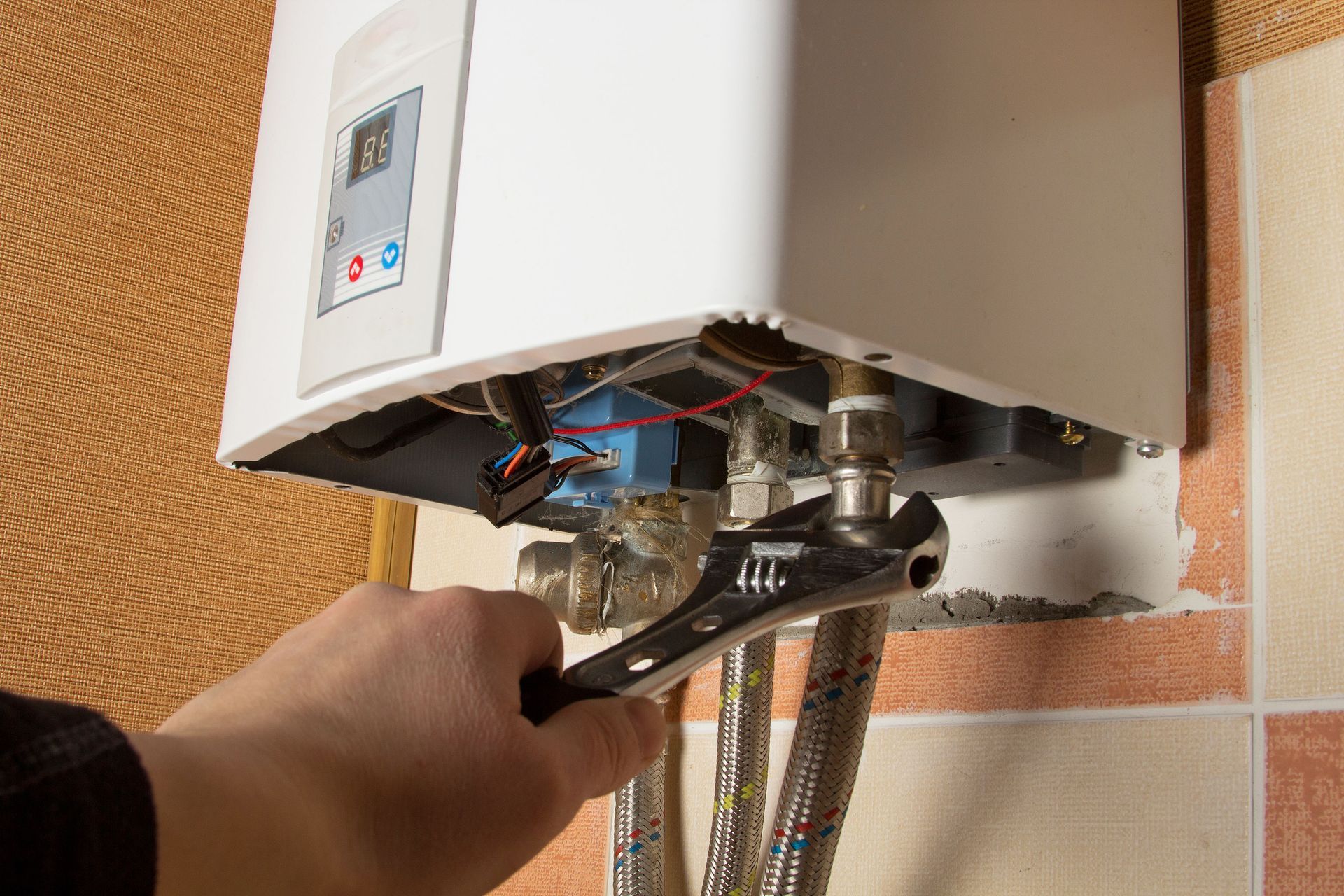Local Heating Oil: Your Guide to Efficient Heating Solutions
Heating oil has long been a dependable energy source for homeowners, especially in regions with cold winters. Known for its efficiency and reliability, it provides consistent warmth even during the harshest weather conditions. Many families continue to choose heating oil because it is delivered directly to their homes, stored safely on-site, and offers flexibility in managing energy needs. With advancements in cleaner-burning fuels and more efficient heating systems, heating oil remains a practical option for those looking to balance comfort, cost, and convenience. Understanding its benefits can help homeowners make informed decisions about their home heating solutions.
Understanding Local Heating Oil
Current Market Trends
The heating oil market is intricately connected with global oil trends, reflecting economic fluctuations and geopolitical events. Over the past decade, the industry has adapted to an ever-changing landscape characterized by increased energy efficiency and sustainability goals. Factors such as crude oil prices and consumer preferences have shaped its demand and pricing dynamics. A notable trend is the growing interest in cleaner and more sustainable heating solutions. Consequently, the industry has seen advancements in biofuel blends as eco-friendly options, part of a broader shift towards sustainable energy.
According to Foster Fuels, global production of petroleum and other liquid fuels is projected to increase by 2 million barrels per day in 2025, with consumption rising by 1.3 million barrels per day. Such growth influences heating oil market expectations, as consumers evaluate cost-efficiency and environmental impact. The forecast increase in production suggests stable availability. Innovations in refining processes are likely to result in cleaner and more efficient heating oil products.
Environmental Impact
Technological advancements in refining energy sources have gradually reduced emissions associated with heating oil. Industry initiatives aim to create low-sulfur and biodiesel blends, lessening negative environmental impacts. This shift underscores a commitment to more sustainable energy practices.
Innovation in oil burner technologies has increased combustion efficiency, reducing emissions and lowering carbon output. Additionally, consumers are encouraged to adopt energy-saving practices, mitigating the environmental footprint of heating oil use.
Robust environmental policies are influencing the heating oil industry to adopt greener practices. Regulatory frameworks promote the transition to cleaner fuels and encourage the blending of conventional oil with biofuels. Moreover, the potential of innovations like carbon capture and storage technologies provides an optimistic future for minimizing heating oil's ecological impacts. The industry's response to environmental challenges is critical to its longevity as a viable residential heating option amidst growing sustainability demands.
Local Availability
The availability of heating oil is influenced by regional infrastructure and distribution networks. In many locations, tankers deliver local heating oil directly to homes, necessitating efficient logistics planning. Storage capabilities, road conditions, and weather play pivotal roles in maintaining a reliable supply chain. As winter temperatures drop, demand typically spikes, placing additional pressure on distribution channels. Providers must optimize their operations to ensure timely and efficient deliveries, especially during peak usage periods.
Local factors such as regional production, import options, and transportation costs contribute to availability variations. Areas with direct access to refineries or ports may benefit from increased accessibility. However, remote or rural areas might face transport challenges and longer supply lines. This disparity emphasizes the importance of strategic planning by suppliers to address local needs and ensure equitable service distribution.
In response to these challenges, some regions are focusing on infrastructure improvements to bolster heating oil availability. Investment in storage facilities, better transportation routes, and modernized delivery systems aims to enhance resilience against supply disruptions. Additionally, consumer education on efficient fuel use and conservation practices contributes to balancing local supply with demand. These efforts highlight the collaborative approach necessary between providers, consumers, and governments to maintain effective and reliable heating oil availability.
Choosing the Right Heating Oil Provider
Factors to Consider
Selecting a local heating oil provider involves evaluating several critical factors to ensure optimal service. Consumers are encouraged to research potential provider credentials and service history comprehensively. Online reviews and word-of-mouth recommendations offer insights into customer experiences.
Contractual agreements often outline the terms of service, cementing the relationship between providers and consumers. Understanding the nuances of contract options, including manufacturer warranties and emergency service provisions, provides consumers with control and confidence. Trust in provider reliability is foundational, as it influences your ability to feel comfortable with your local heating oil provider. A trustworthy partnership fosters peace of mind, especially during the winter months when uninterrupted heating is crucial for comfort and safety.
Customer Service
Exceptional customer service is a hallmark of distinguished heating oil providers, enhancing the overall consumer experience. Prompt communication, issue resolution, and knowledgeable support distinguish top-notch service. A provider's responsiveness to inquiries and emergencies directly impacts customer satisfaction and loyalty. Given the essential nature of heating oil, immediate assistance during outages or supply delays is a critical service component. Companies that invest in customer service infrastructure, offering support channels, gain a competitive edge in a crowded market.
Building strong consumer relationships requires more than just transactional interactions. Providers who adopt a customer-centric approach, actively listening to consumer feedback and adjusting practices accordingly, can establish genuine trust with customers. By prioritizing user experience, heating oil companies cultivate trust and forge lasting partnerships. Routine check-ins, proactive delivery scheduling, and personalized service plans reflect a commitment to customer privacy and convenience, boosting retention and referral rates.
Learning the Efficiency of Heating Oil
Oil Burner Efficiency
Maintaining high oil burner efficiency is crucial for energy savings and environmental responsibility. Regular maintenance and timely upgrades ensure optimal combustion, reducing unnecessary fuel consumption. Consumers should prioritize selecting high-quality equipment that can deliver superior efficiency. Proper system calibration and insulation are also essential components of maximizing oil burner performance.
Routine burner inspections and tune-ups address potential inefficiencies, preventing costly breakdowns and extending equipment lifespan. Homeowners can adopt preventive measures such as contacting a local heating oil service for routine cleaning of combustion chambers and replacement of air filters to maintain system efficiency. Employing professional maintenance services ensures compliance with safety standards and offers peace of mind during peak heating seasons. Such diligence not only improves energy utilization but also supports sustainability goals by reducing carbon emissions.
Energy efficiency incentives may also provide financial support for consumers seeking to upgrade outdated or inefficient systems. Government programs and utility rebates can help offset initial costs, making energy-efficient solutions more accessible. These upgrades contribute to community-wide energy conservation efforts, supporting local environmental goals. By staying informed about available incentives and proactively upgrading heating equipment, consumers optimize cost savings and contribute to broader sustainability outcomes.
Personal System Control
Another energy-efficient advantage of relying on local heating oil is the level of control it gives homeowners over their energy supply. Unlike natural gas, which depends on utility lines, heating oil is stored on-site in a tank, allowing families to monitor and manage their own usage. This independence can be especially beneficial during peak heating seasons, as it helps avoid supply disruptions and unexpected rate changes. Delivery services also help ensure the tank never runs low while giving homeowners peace of mind that their system will remain reliable all winter long.
Local heating oil delivery remains a strong choice for homeowners who value reliability, efficiency, and control over their energy supply. Its ability to deliver steady warmth, even in extreme conditions, makes heating oil a dependable solution for families during the winter months. With modern improvements in fuel quality and heating technology, it has become an even more efficient and environmentally responsible option. For those seeking a balance of comfort and convenience, heating oil continues to be a practical and trustworthy way to keep their homes warm. To schedule your next heating oil delivery, reach out to H Reynolds & Son Inc.





Share On: